The 10 Points That No One Adheres To That Make a Difference for Your SEO
This article is based on the presentation by Alban Renard from Cybercité (one of our partners) at the Blend Web Mix 2016.
SEO Performance – The 10 Points That No One Adheres To That Make a Difference.
1. Define Reliable and Measurable Objectives
Consider the different types of queries in the choice of keywords.
Navigational Query :
Leisure search without the intention of buying something immediately.
Example: I’m looking for information on a ski resort, I type “la clusaz”
15-20% of searches
Informational Query :
The person is looking for specific information.
Example. : I’m going to La Clusaz soon, I want to know the weather, I type: “weather la clusaz”
50-60% of searches
Transactional Query :
The user is in the middle of searching for the best price for a defined product, entering a specific query with the intent to purchase.
Example : I’m looking for a studio to rent in this resort, I enter “cheap studio rental la clusaz”
25-30% of searches
Define KPIs (Key Performance Indicators)
Example: contact form, add to cart, registration form, documentation download, etc.
2. Integrate Universal Search Data
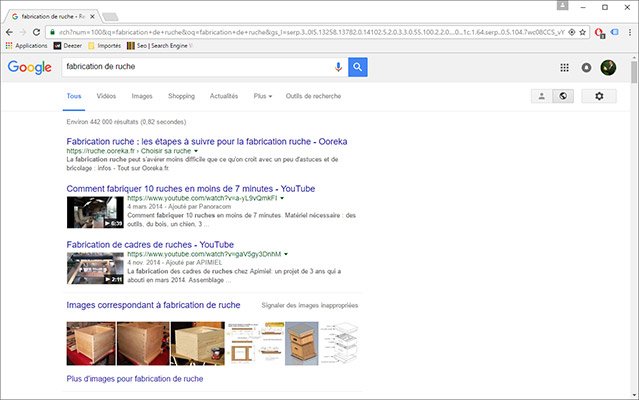
There are a number of media that can bring you additional visibility, so make the most of them.
Google News, images, maps, video, etc.
3. Use Google Adwords Data
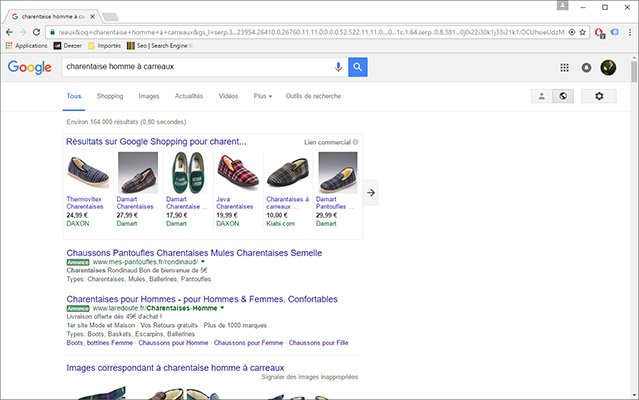
Many people mistakenly think that SEA (Search Engine Advertising) is the opposite of SEO (Search Engine Optimization). In reality, they are very complementary, especially since Google hides the keywords that led the user to your site. These are the famous “not provided” you see in Google Analytics.
Running an Adwords campaign by working with thematic groups allows you to define which expressions are most effective, those that convert the most.
The ultimate KPI is indeed the search ROI, meaning, what budget I put into my positioning and what are the profits related to these searches ?
Note that in 2016, 55% of people could not differentiate between “Paid” and “Natural” results on Google.
4. Avoid Web Designers’ Traps and Trends
Mega menu
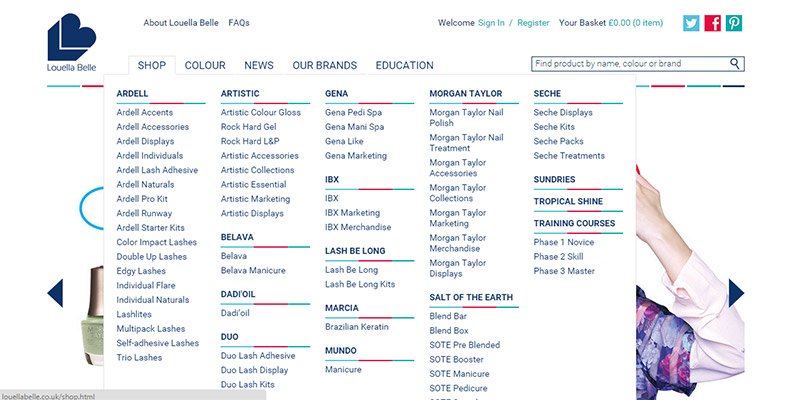
Whether it’s sliders or mega menus, you have to ask yourself whether they’re really necessary.
Are they indispensable?
Wouldn’t it be better to have thematic navigation rather than navigation providing access to listings that have nothing to do with each other?
Sliders, Carousels
Is the first image of the slider displayed long enough, aren’t there too many slides?
The Importance of Listings
Although it might not always be aesthetically pleasing, having listings remains a necessity for Google.
This allows, for example, the robot to easily access all your product sheets.
5. Avoid Duplication on Your Site



The number of indexed pages must correspond to the number of pages on the site, no more, no less.
Various software can detect content duplication: Xenu, Screaming Frog.
The idea is to spot duplicated titles or to identify 404 pages that return a 200 code, for example.
It also allows identifying categories that are too similar and should be grouped together.
6. Produce Content Regularly

It is necessary to produce quality content.
The idea is to showcase your expertise, but the content must be original and meaningful for your target.
A simple description at the top of a listing will often be insufficient, whereas a blog post presenting a new range of products, or new technology related to products sold on the site will have much more impact.
7. Monitor Your Links
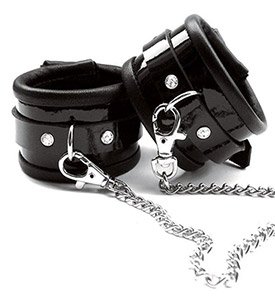
Today, it’s essential to follow your links.
This allows you to react in case of negative SEO (link from a low-quality site intended to harm you), but also to optimize existing links (anchors / URLs) and to correct any erroneous links.
Various paid tools allow monitoring links https://www.linkody.com, https://ahrefs.com/, Advanced Link Manager, …
It’s also important to consider the very important internal linking.
8. Use Your Internal Search Engine
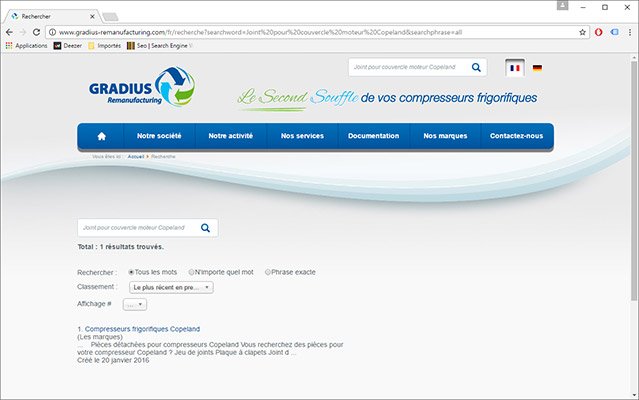
Thanks to tracking on your search engine, you can get a better idea of what visitors are looking for on your site, which may lead you, for example, to reorganize your menu.
It’s appropriate to use categories and track search parameters.
Analyzing internal searches will likely lead you to add “long tail” keywords to your keyword list.
9. Analyze Robot Crawls

Knowing the frequency and time spent crawling your site will enable you to identify your priority pages.
If you’re optimizing a page, it might be interesting to know if it’s frequently crawled by Google Bot or not at all.
10. Remove What’s Unnecessary
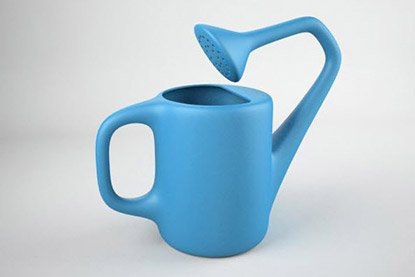
Pages with low content can harm your SEO; after ensuring that traffic is null or very low on these pages, they should be deleted.
Also, consider checking the backlinks to these pages.
